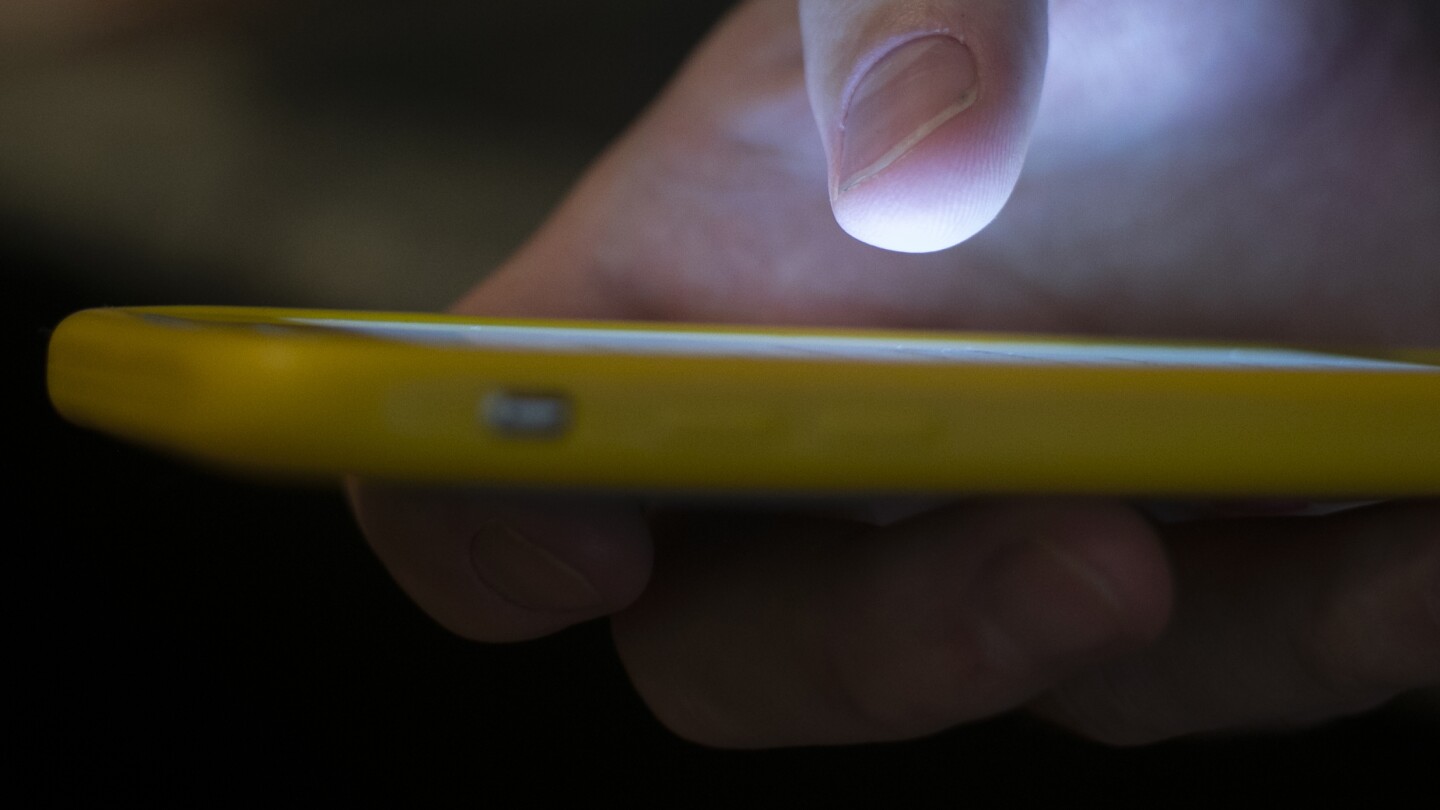A number of Americans are dealing with cellular outages on AT&T, Cricket Wireless, Verizon, T-Mobile and other service providers, according to data from Downdetector. AT&T, who was the hardest hit, is actively working to restore service to all of its customers.
AT&T had more than 58,000 outages around noon ET, in locations including Houston, Atlanta and Chicago. The outages, which began at approximately 3:30 a.m. ET, peaked at around 73,000 reported incidents. The carrier has more than 240 million subscribers, the country’s largest.
“Some of our customers are experiencing wireless service interruptions this morning. Our network teams took immediate action and so far three-quarters of our network has been restored. We are working as quickly as possible to restore service to remaining customers,” AT&T and Cricket said in a statement.
Cricket Wireless, which is owned by AT&T, had more than 9,000 outages, Downdetector said Thursday.
Verizon had more than 2,000 outages and T-Mobile had more than 1,400 outages. Boost Mobile had about 700 outages.
“Verizon’s network is operating normally. Some customers experienced issues this morning when calling or texting with customers served by another carrier. We are continuing to monitor the situation,” Verizon said.
T-Mobile said that it did not experience an outage.
“Our network is operating normally. Down Detector is likely reflecting challenges our customers were having attempting to connect to users on other networks,” T-Mobile said.
Some iPhone users have seen SOS messages displayed in the status bar on their cellphones. The message indicates that the device is having trouble connecting to their cellular provider’s network, but it can make emergency calls through other carrier networks, according to Apple Support.
So far, no reason has been given for the outages. But Lee McKnight, an associate professor in the iSchool at Syracuse University, believes the most likely cause of the outage is a cloud misconfiguration, or human error.
“A possible but far less likely outcome is an intentional malicious hack of ATT’s network, but the diffuse pattern of outages across the country suggests something more fundamental,” McKnight said in an emailed statement.
For those still impacted by the outage, Alexander Wyglinski, a professor of electrical and computer engineering at Worcester Polytechnic Institute, says that there is a possible workaround.
“A lot of cell phones do Wi-Fi calling. So, as a potential backup, if you are close to a wi-fi access point, you may be able to use that if you are affected by the network outage,” he said in an emailed statement.

